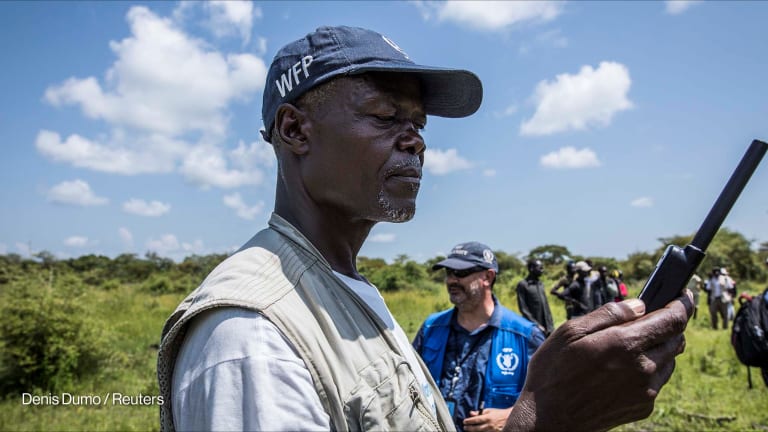The amount spent on humanitarian aid in the form of vouchers and cash rose sharply in 2022, to $10 billion — more than one-fifth of all aid distributed — according to a report published Wednesday.
The State of the World’s Cash report found that around $7.9 billion of that cash and voucher assistance, or CVA, reached recipients, with the rest spent on overhead costs.
The report, produced by the CALP Network, whose almost 100 members deliver the vast majority of cash aid around the world, said much of the 41% jump was due to a growth in overall spending on humanitarian aid, which increased from $38.4 billion in 2021 to $47 billion in 2022.
Printing articles to share with others is a breach of our terms and conditions and copyright policy. Please use the sharing options on the left side of the article. Devex Pro members may share up to 10 articles per month using the Pro share tool ( ).








